Wake up to another cold, gray day, after a sometimes restless sleep.
Some trees are bare, others not, like the holly full and a deep, waxy green outside my window. Assorted birds big and small come and go, pecking in the grass.
I yawn. Everything is right here and everywhere.
In The Way of Everyday Life,
(Shobogenzo Genjokoan), Dogen tells this story:
Priest Baoche of Magu Mountain was fanning himself. A monk approached and asked, Sir, the nature of wind is permanent, and there is no place it does not reach. Why then must you still fan yourself?
Although you understand that the nature of wind is permanent,
the master replied, you do not understand the meaning of it reaching everywhere.
What is the meaning of its reaching everywhere?
asked the monk.
The master just fanned himself. The monk bowed with deep respect.


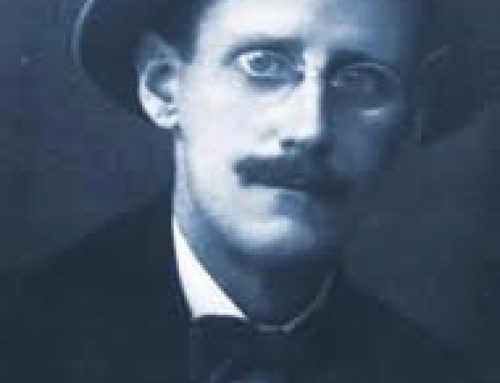

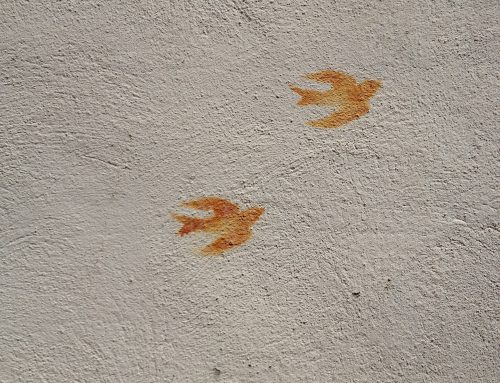
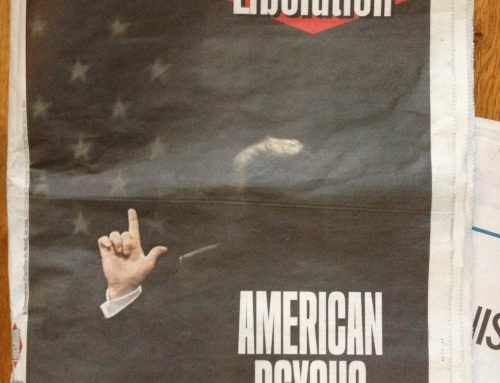
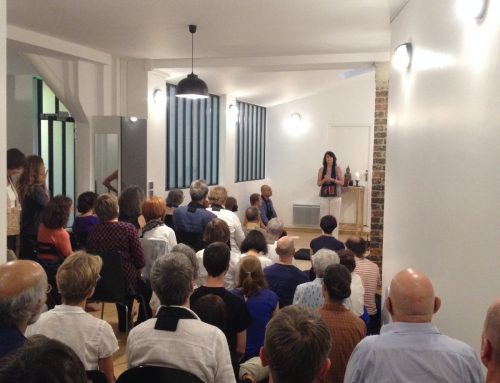
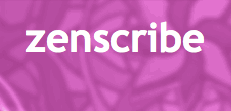





how would i know this so well?
i talk to much myself…
and let us be gratefull for our teachers who are gifted to speak and write "the right word".
Thanks, Lake.
I will listen to you and not talk back for a change.
I’ll go for a walk and try not to think too much.
See you later…
You mean: making masters is also making things solid in a way? While they are not allways on that point? this is what Krishnamurthi said.
You cannot institutionalise oneness in any way. It is true.
But in saying this Krishnamurthi doesn’t give people a way to approach things – to grow. And i do not agree with this as an alternative.
There sure is work to be done
– Training awareness – mind and body
– = peeling the onion – selfknowledge
– training "entering things"
But sure there is nothing that can be earned or constructed. Contrary there are conditioningpaterns to see through- to be deconstructed you could name it.
And as much you can grow in using a technique , we can hide behind it. Ex. the sceptic choosing the witnes as a tool instead of the training in entering things.
But this is what we do all day in everyday-life isn’t it? We all are professionals in hiding. Now this is the place where the teacher comes in: pointing the places we hide.
On the other hand someone who has had oneness experiences just like that – as Krishnamurthi said – is not a master. He has to do the same work: peeling the onion , so no projection in communication, awareness etc. etc.
I saw a video last month with a debate between Krishnamurthi an Chogyam Trungpa. Krishnamurthi was allways talking – asking a lot of questions – giving Trungpa no time to answer. On the whole piece of video Trungpa just said a few words and listend. This listening was a listening of the Master Without Words. Without listening no communication.
And it is Krishnamurthi who is comming out of this way of not institutionalising – and Trungpa came out of a Big Tradition???? So what???
We can only grow in "a form"
Oneness includes the relative…
« The master did not ignore. He reacted in the most essential way: as a Master Without Words. He was the message. »
Mastery manifests in words and actions.
Or more precisely, the words and actions of a Master demonstrate her true liberation, like a finger pointing at the moon.
I’d say this can not be taught or transmitted. It can not be captured in a lineage of Dharma-succession at all. It’s ours to claim, like the ground on which we are standing.
Every moment we either “are that” or we “miss that”.
Mastery is incorruptible and pure, because it is no institution. It is living practice of words and actions. The Dharma shines brightly every moment we successfully manifest it in our lives; and it dies every moment we fail.
What do you think?
NB. I don’t mean a Master Without Words does not use words ofcourse!
The master did not ignore. He reacted in the most essential way: as a Master Without Words. He was the message.
To continue in those terms: The most absolute? can only be "Present/exist" in the most relative. It is not "someting". In catolic comcepts: heaven is right here , right now. We are right in the middle of it.
"Reaching everywhere" : when completely in the moment (relative) , things become timeless and everywhere : everythiing is one – and at the same time everything?
A master is able "to see" the other becous she/he is able not to project her own agenda on the communication with the other?
He/she has peeled her/his own onion of conditioningpaterns in a deep way. But not only that. Becous this you could do also in psychoanalysis. But the work he has done is not conceptual – making things solid. He/she is able to be aware of it in the moment (in the communication). (Exprience instead of making concepts)?
Becouse he/sche has done the job for himself, and accepted himself what’s there – there can be a high degree of acceptance towards the student. In this way the Master "can be" the message – A Master Without Words. What is much more than talk about it?
In this way communication becomes very open – fluid – direct. And this makes him a master? Being the message of opennes and fuidity.
Otherwhise: we are all masters for eachother – we can learn from everything.-when we are open to it?
In this case I bow.
The monk did not ask a philosophical question.
And the master did not ignore it.
“The master just fanned himself. The monk bowed with deep respect.”
Millions of people fan themselves, or simply just do whatever needs to be done. No monks bow for them with deep respect. Why not?
Sometimes I wonder; what is that sets the master apart?
Okay, the master fans himself after a monk asks him a philosophical question. But again, many people are capable of ignoring philosophical questions.
So what is it that makes the Master?